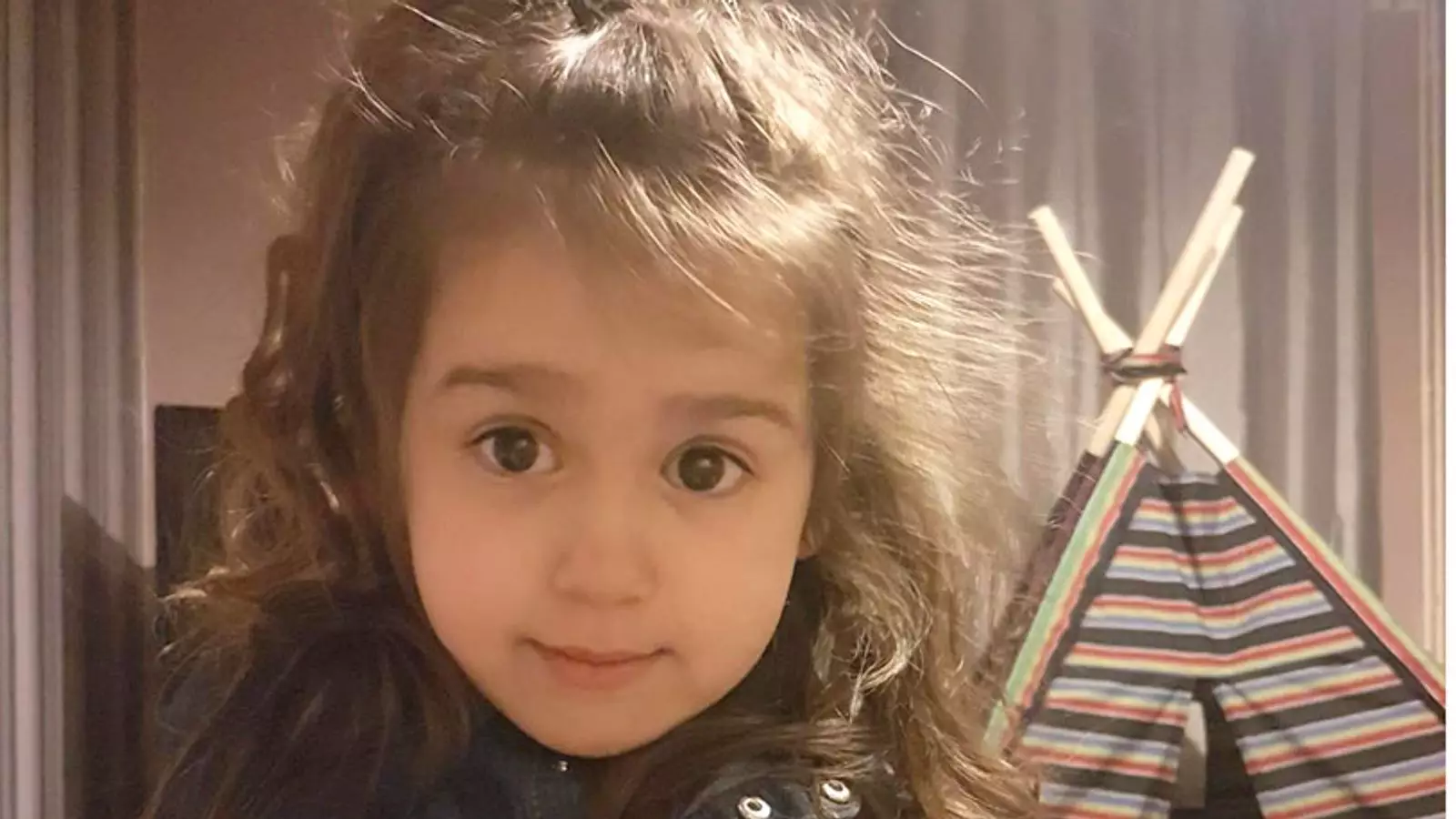In a significant ruling last week, the Court of Appeal determined that the names of three judges involved in the family court case of Sara Sharif will be publicly disclosed. This decision comes in light of Sara’s tragic death and the subsequent imprisonment of her father, Urfan Sharif, and stepmother, Beinash Batool, who received life sentences for their role in her horrific abuse and murder. The presiding judge, Sir Geoffrey Vos, criticized the previous ruling by Mr. Justice Williams, who had barred naming the judges to protect them from a so-called “virtual lynch mob.”
The discourse surrounding judicial anonymity in such cases has raised vital questions about the balance between judicial security and public interest. The core of the matter rests on whether keeping judges’ identities confidential serves to protect them or if it undermines the transparency of the judicial system, particularly in cases of serious societal implications like those involving child welfare.
Sir Geoffrey Vos’s remarks highlight a critical perspective: judges operate within a framework where they must often manage highly charged cases, yet they should also remain accountable to the public. As history indicates, when severe injustices occur within the judicial system, the public is keen on identifying the individuals responsible for such decisions, especially when they relate to vulnerable populations like children.
By ruling that Mr. Williams overstepped his jurisdiction in anonymizing the judges, Vos emphasized that protective measures for judges must not come at the expense of transparency. His assertion implies that judges should not only be shielded from any backlash as a matter of course, but that their actions—especially in such serious cases—warrant scrutiny.
Furthermore, Vos critiqued Williams for demonstrating a lack of fairness towards journalists who sought to report on this case, noting that sarcasm should not cloud the judiciary’s responsibility in its rulings. His comments reveal a broader issue: the need for judges to embody impartiality and respect for the media’s role in a democratic society.
The case of Sara Sharif, who was ten years old at the time of her death, and whose tragic story has garnered significant media coverage, underscores a disturbing legacy in child protection services. The history leading to her murder was marked by multiple allegations of abuse connected to her family, dating back to 2010 when her older siblings were subject to neglect allegations.
Surrey County Council’s actions during this time have also been under scrutiny; despite having received numerous reports about familial abuse, the council allowed Sara to be placed with her father before her death. This decision raises profound ethical questions about the effectiveness of child protective services and the frameworks guiding their decision-making processes.
The denial of anonymity for the judges represents a step towards accountability not just for the judicial figures, but also for the entire child welfare system. It brings into focus the extent to which systemic failures can contribute to tragic outcomes, forcing a reevaluation of existing policies and practices in child protection.
The implications of the Court of Appeal’s decision extend beyond this particular case; it fosters a precedent for transparency in family court proceedings. Historically, family courts have operated under a veil of privacy, which, while intended to protect sensitive information about vulnerable children, can also shield systemic failures from scrutiny. The recent ruling opens the door for greater accountability and may encourage reforms aimed at enhancing child welfare oversight.
Moreover, the stance taken by freelance journalists, who argued against the anonymization of judicial figures, highlights the importance of an open media landscape in delivering justice. Their campaign for transparency reflects a societal demand for accountability that must be acknowledged and actioned by the court system. The balance between privacy for individuals involved in sensitive cases and the need for public accountability is tenuous but necessary.
Thus, the recent Court of Appeal decision not only presents a milestone in the legal landscape surrounding child welfare cases but also serves as a clarion call for accountability and transparency in family courts. As this case unfolds and the identities of the judges involved are revealed, it will be imperative to monitor the ramifications of this ruling on public perceptions and future child protection policies. The tragedy of Sara Sharif should catalyze deeper introspection within the judicial and protective services systems, ensuring that no child becomes a victim of systemic negligence. The court’s decision may ultimately pave the way for a more transparent and accountable approach to child welfare, fostering a stronger civil society where the protection of children is prioritized above all else.

